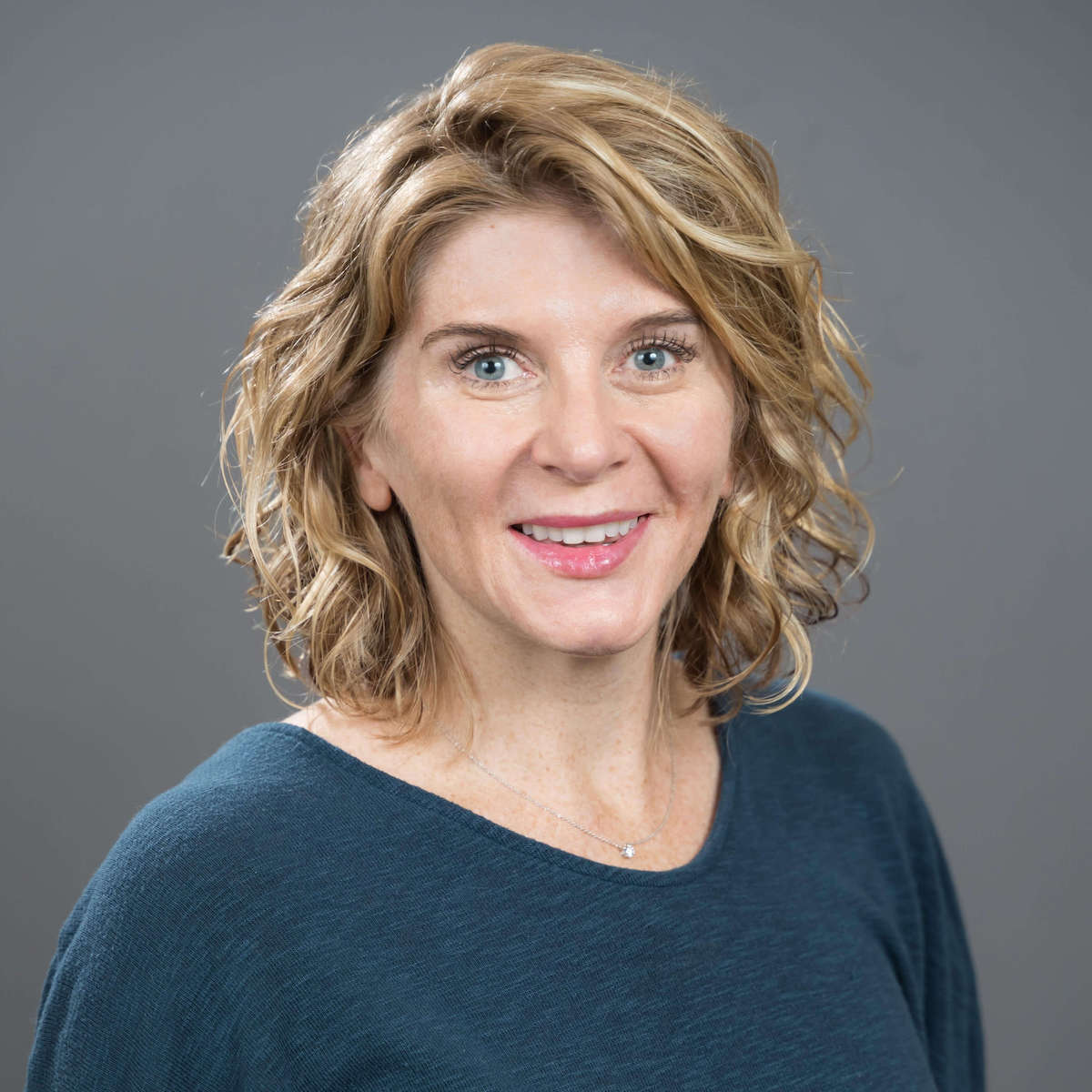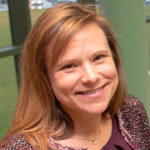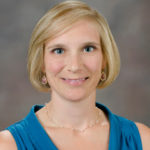
Beyond Assimilation Beckons Belonging and Progress
By Tina Runyan, PhD, ABPP
Tend Health Co-Founder
As humans, we have an innate drive, even need, to belong. Yes, this persists even after middle school! So I’ve been thinking about how belonging is different from fitting in or objectively being a member of a group based on your identity. “Belonging” either connects you or separates you from others. It is a subjective feeling – it’s not ambiguous and you know when you know it. Just being a member of a group (even a family!) does not equate to a sense of belonging. Belonging is that warm and open, content feeling in your body when you feel seen, heard and accepted. This connection gives you strength, power, and protection. You can be vulnerable and authentic and brave without fear of marginalization or banishment. Belonging comes in obvious and predictable places, and sometimes one feels embraced in delightfully surprising places. Belonging does not require you – or even send a subtle message – for you to change. Your differences, eccentricities, and unique qualities can exist and persist – they might even be celebrated and grow!
In contrast, fitting in requires change, sacrifice and assimilation. Fitting in requires us to abandon our authenticity and diminish ourselves to the common qualities of the group. At the very least, fitting in requires a mask. Yet, the group also suffers from this process of fitting in, because the group either stays the same or is diminished through inclusion of less authentic members.
The idea that you will be accepted into the fold, no matter who or what you bring is appealing. Many institutions now invite people to bring their diversity… to “Come as you are!” But, BEWARE, the subtext of that adage may also be, “Just don’t leave as you came.” You will be molded and re-packaged to better ‘fit’ the culture. You will become more like “us.”
The traditional culture of medicine criticizes and at times even abhors The Gen Z generation of learners – these ‘snowflakes.’ The frustration, exasperation and even at times disgust with the seemingly endless emphasis on wellness, wellness breaks, what is or is not good for their mental health, and their diminished work ethic, etc. The experiences and the talents of this generation of learners can be initially welcomed, but the ultimate expectation is that they will fall into line and prioritize their career over their individual needs. There remains a strong hidden pressure, a curriculum for assimilation – for new physicians to become like the previous generation of physicians. Suffering is a necessary part of the process, instead of the culture changing to celebrate and adapt to a new generation. Homeostatic pressures pull to select for (and make leaders out of) those who will effectively assimilate. This is not unique to medicine – it is a natural and expected phenomenon of any and all systems – but it is a powerful force in medicine.
The term “house staff” originated in the late 1800s when physicians were given room and board and required to live at the hospital. It was their “house.” This term has largely been replaced with intern and resident (also a term about living in a place). However, “house staff” still appears on many GME websites and the essence of what the term implies still persists. Is that really what we want learners to assimilate to now? Will that improve the quality of our healthcare system?
As humans, we will always be influenced – and even be changed – by where we are, what we do, and who we do it with. But, what, and perhaps how, might the culture of medicine gain from also being changed by this new generation of learners? What can we learn here? I don’t have the answers … but believe it is worthwhile for us all to live with that question.
About Tend Health
At Tend Health, our mission is to ensure all healthcare professionals have access to exceptional mental health care. We partner with organizations and training programs to provide low-friction, human-centered, and highly specialized support. Our doctoral-level clinicians also provide private one-on-one counseling and coaching for health professionals. Get in touch today to learn more.


 We love staying connected to our community.
We love staying connected to our community.
 Tina Runyan, PhD, ABPP
Tina Runyan, PhD, ABPP